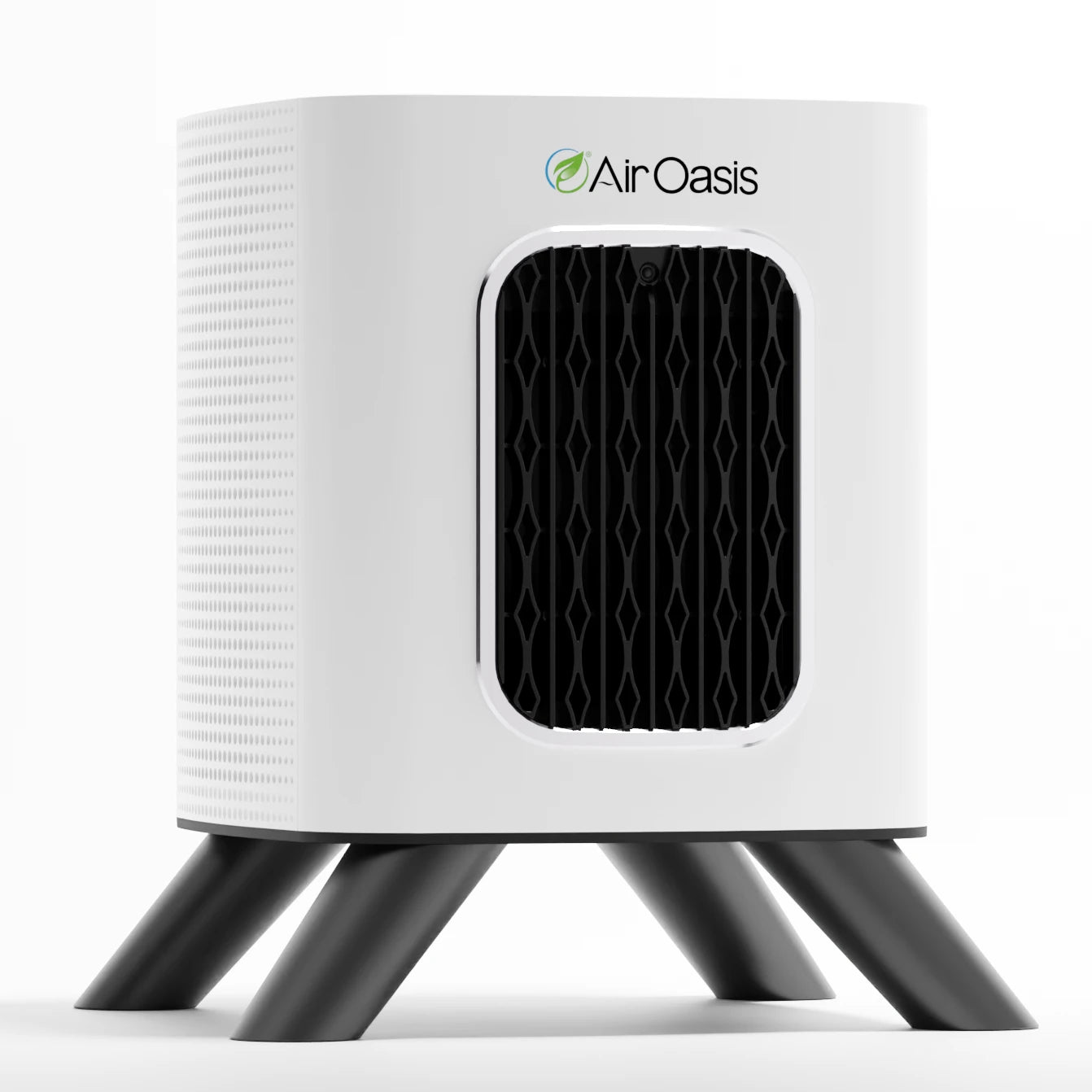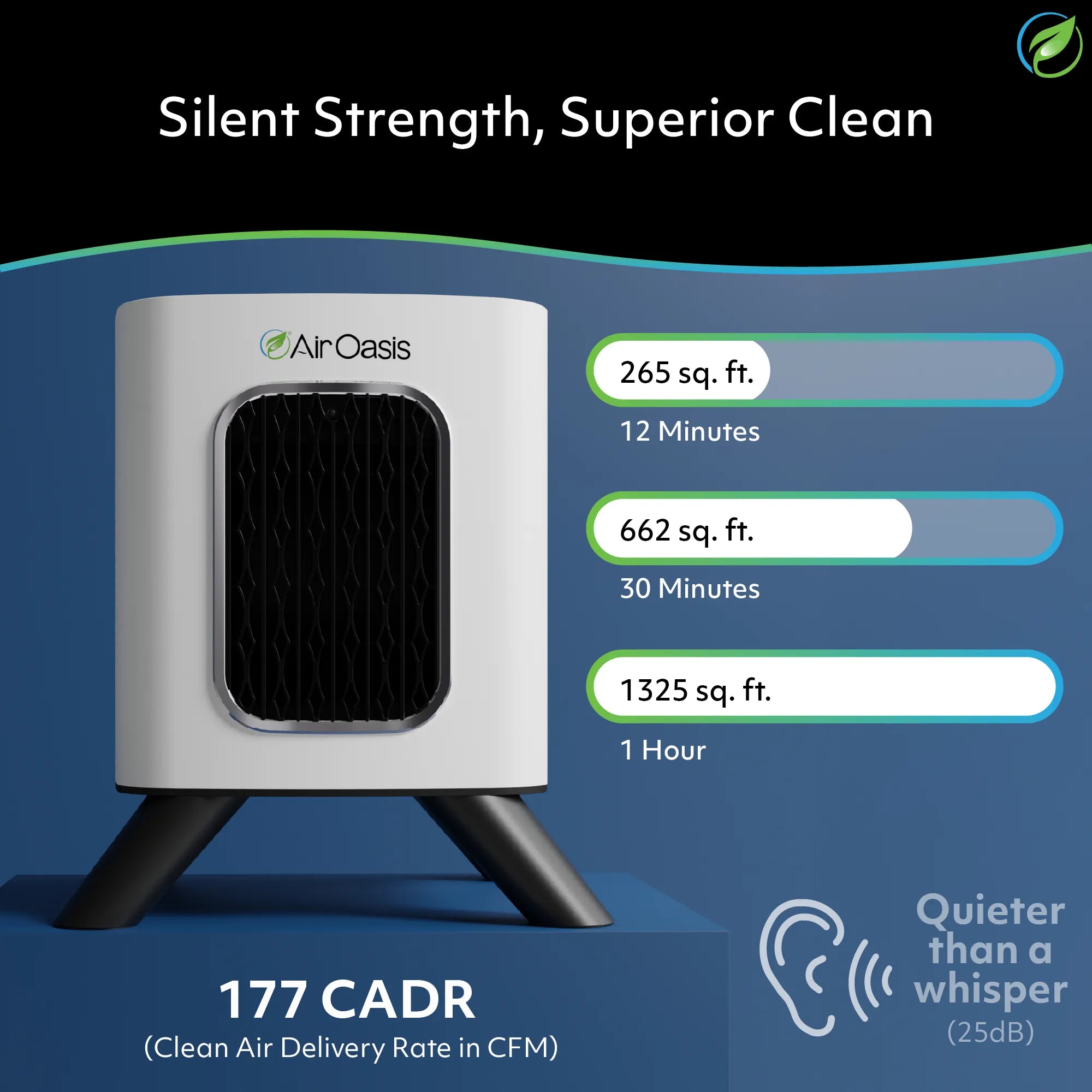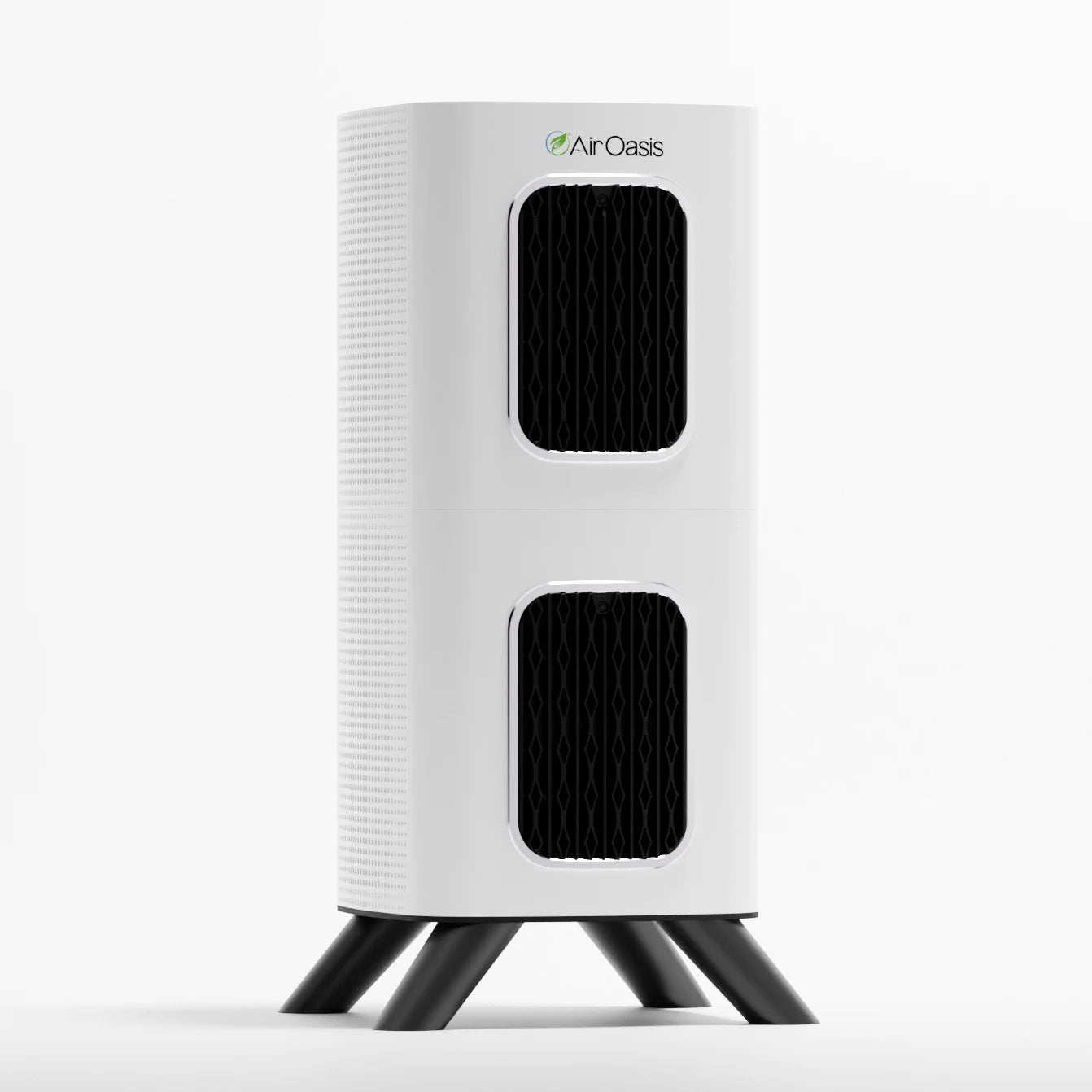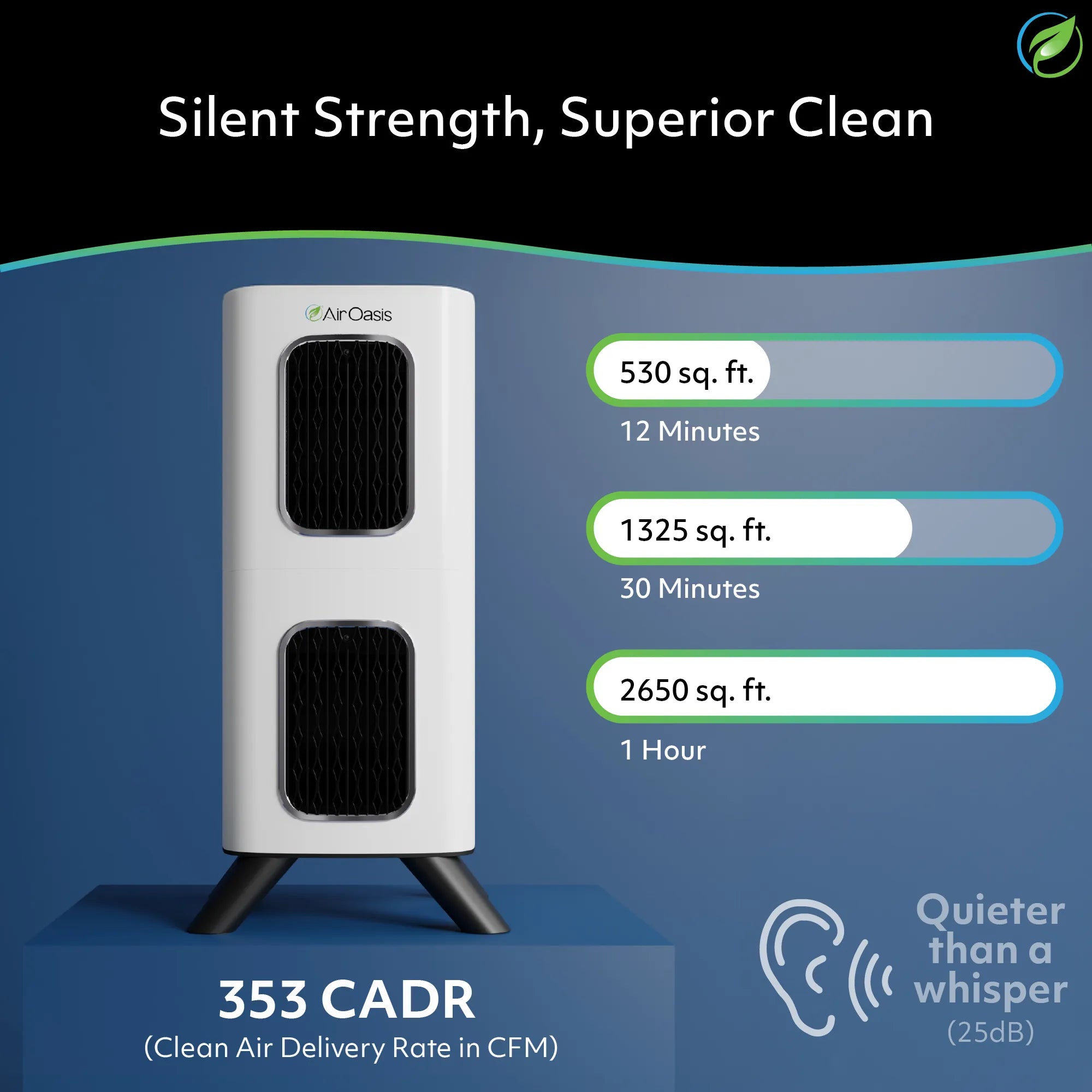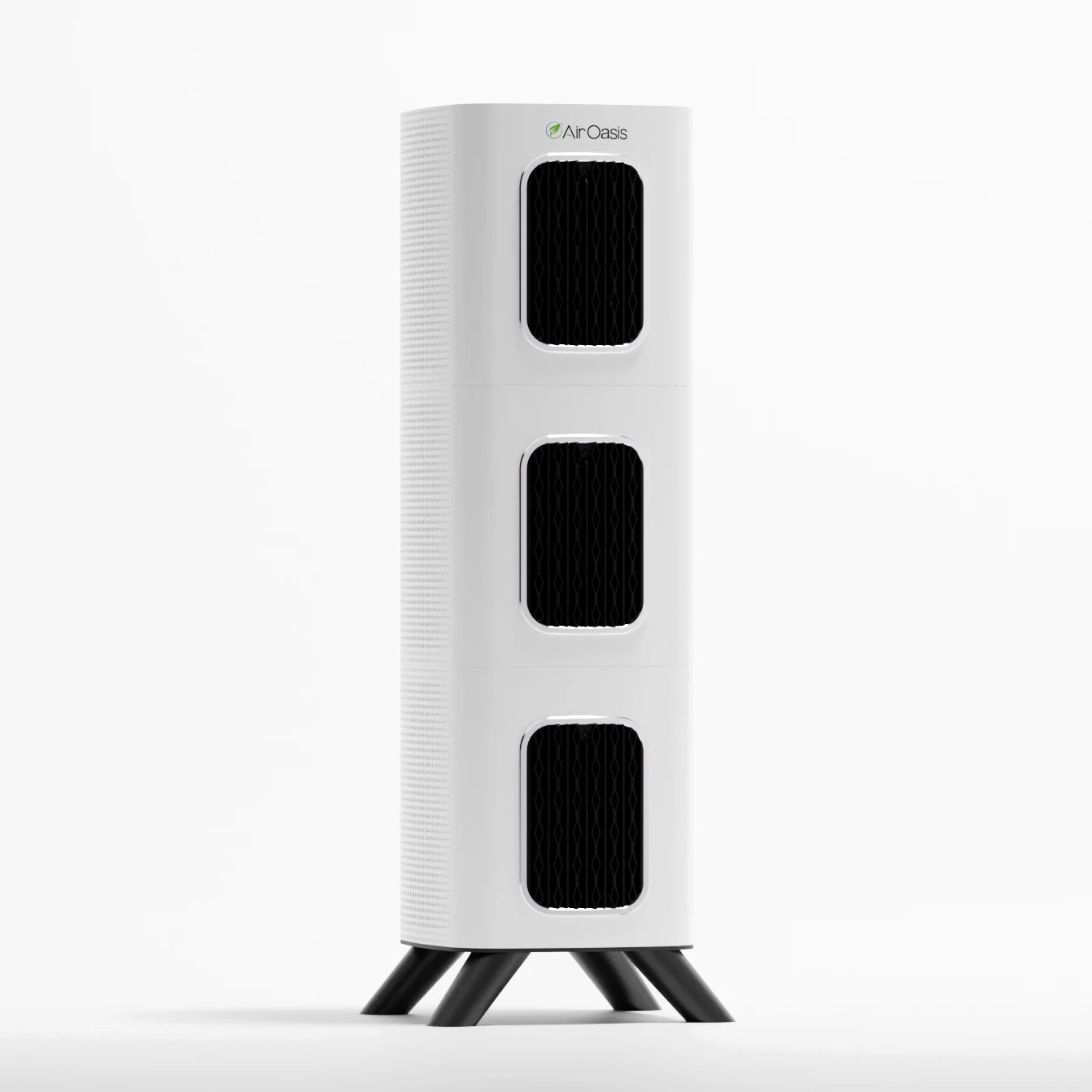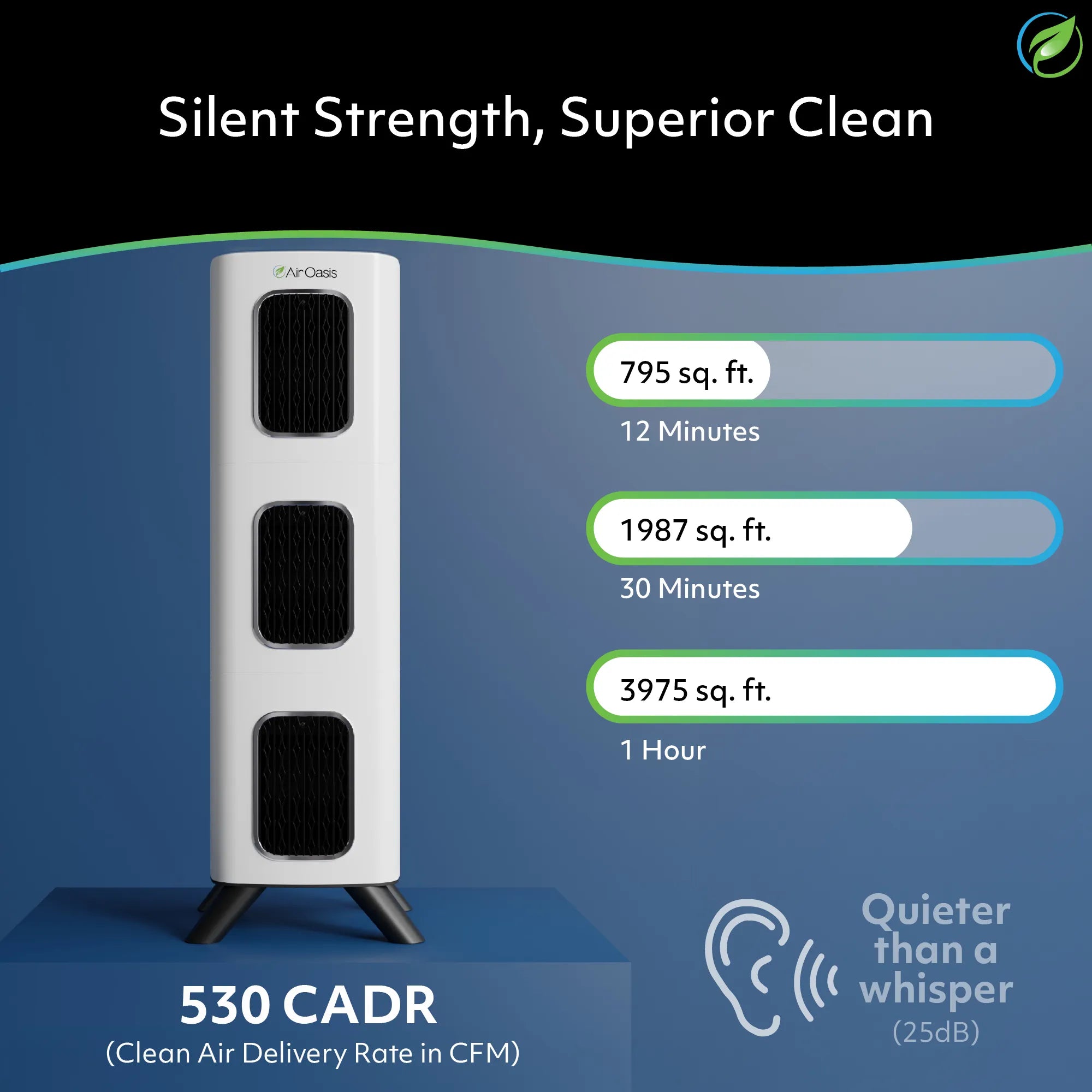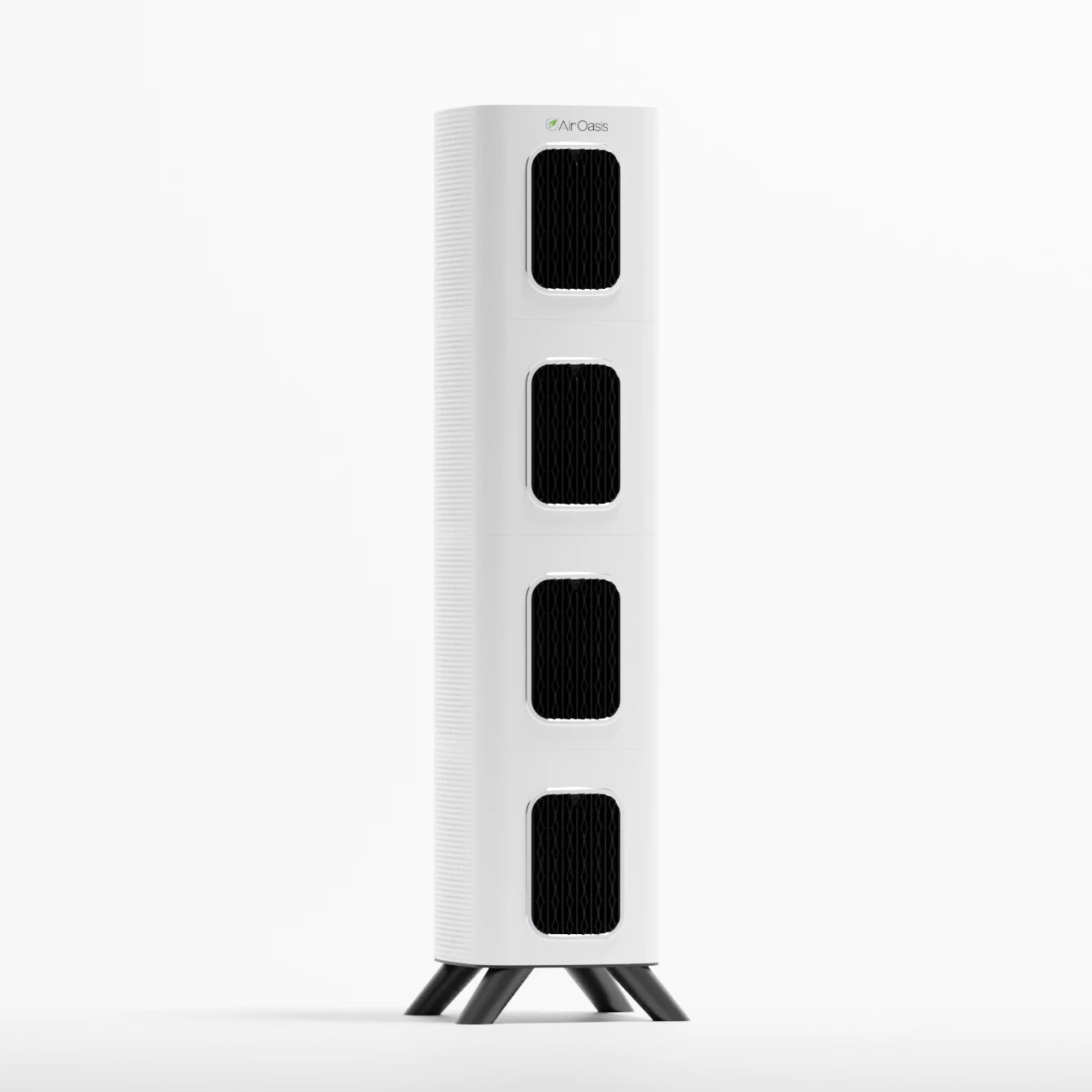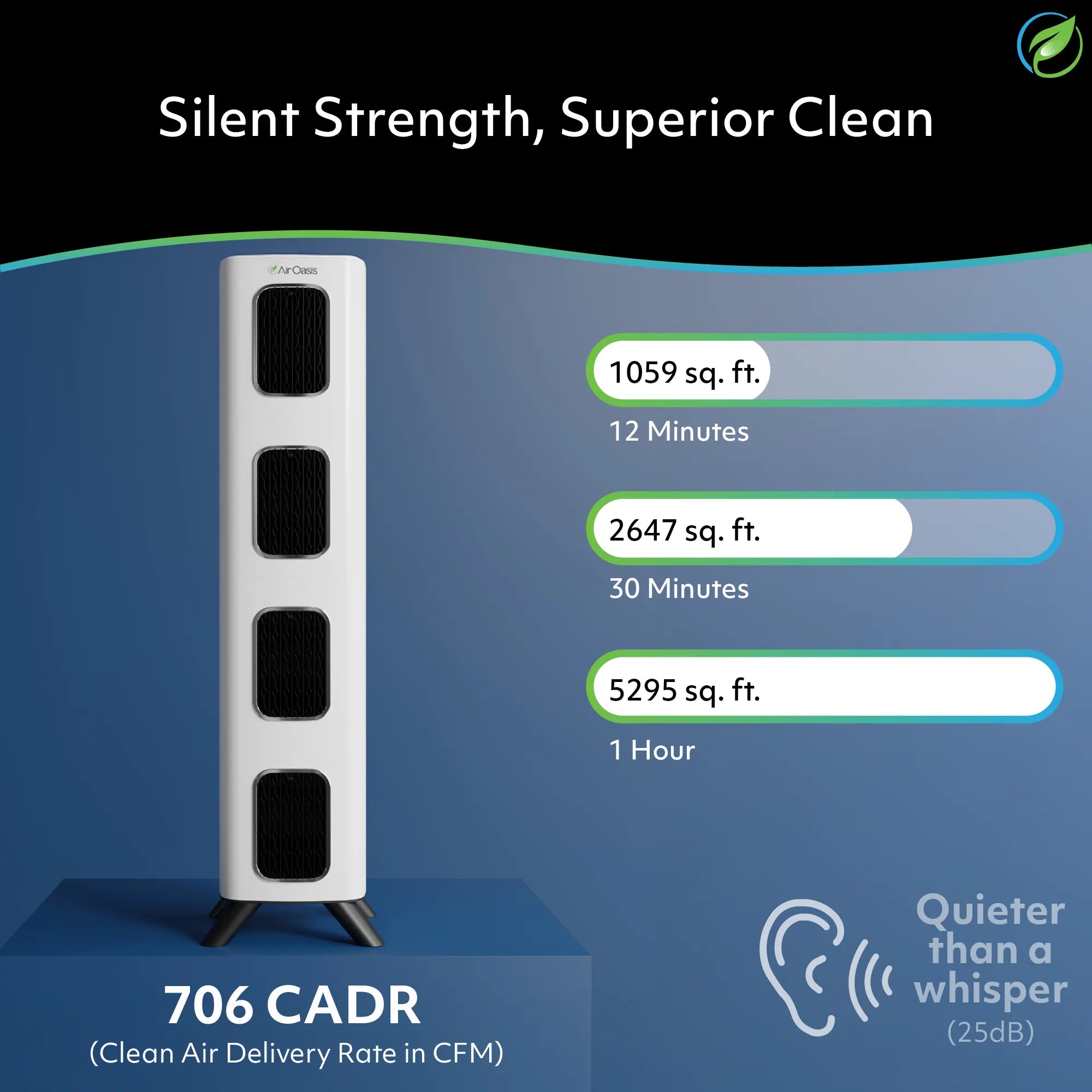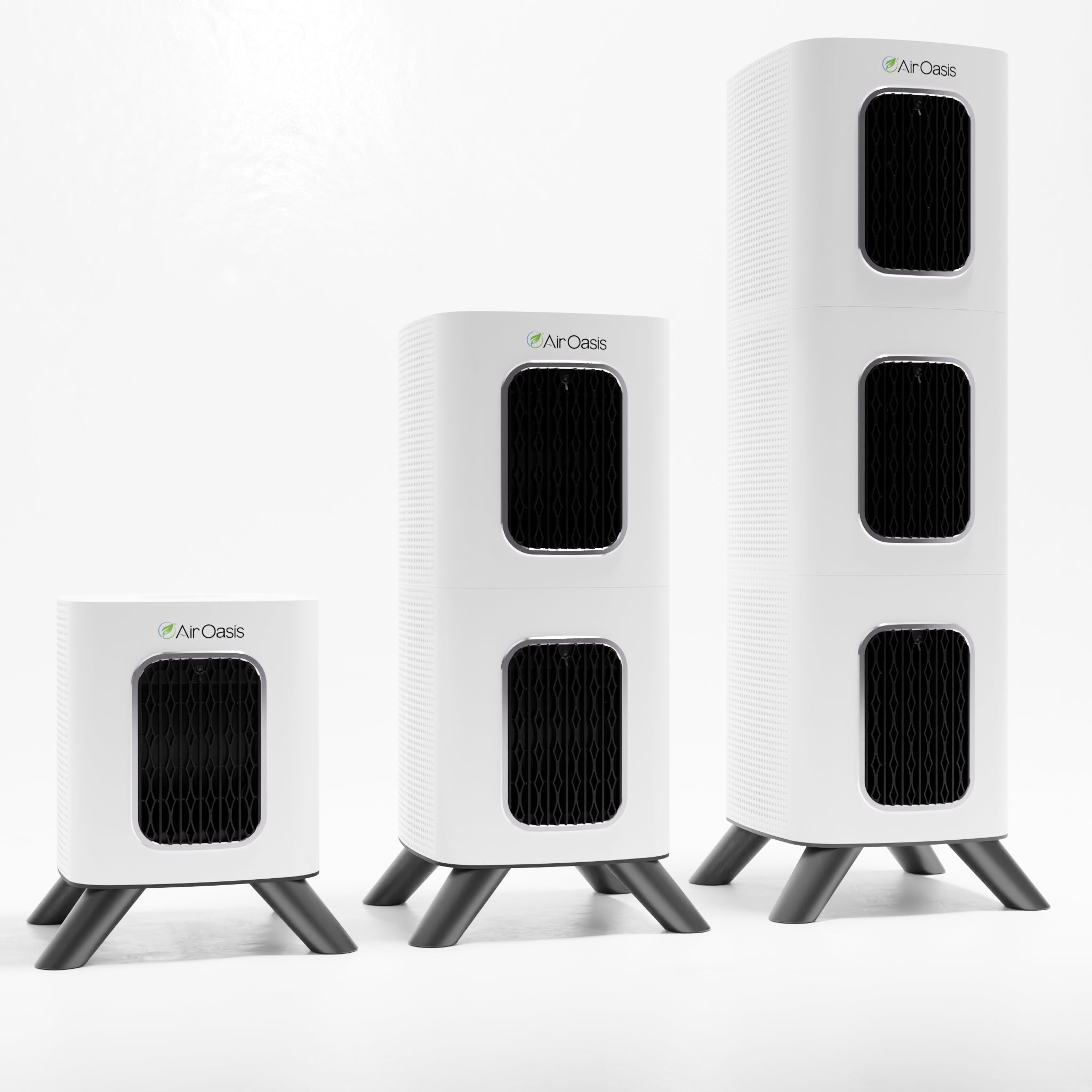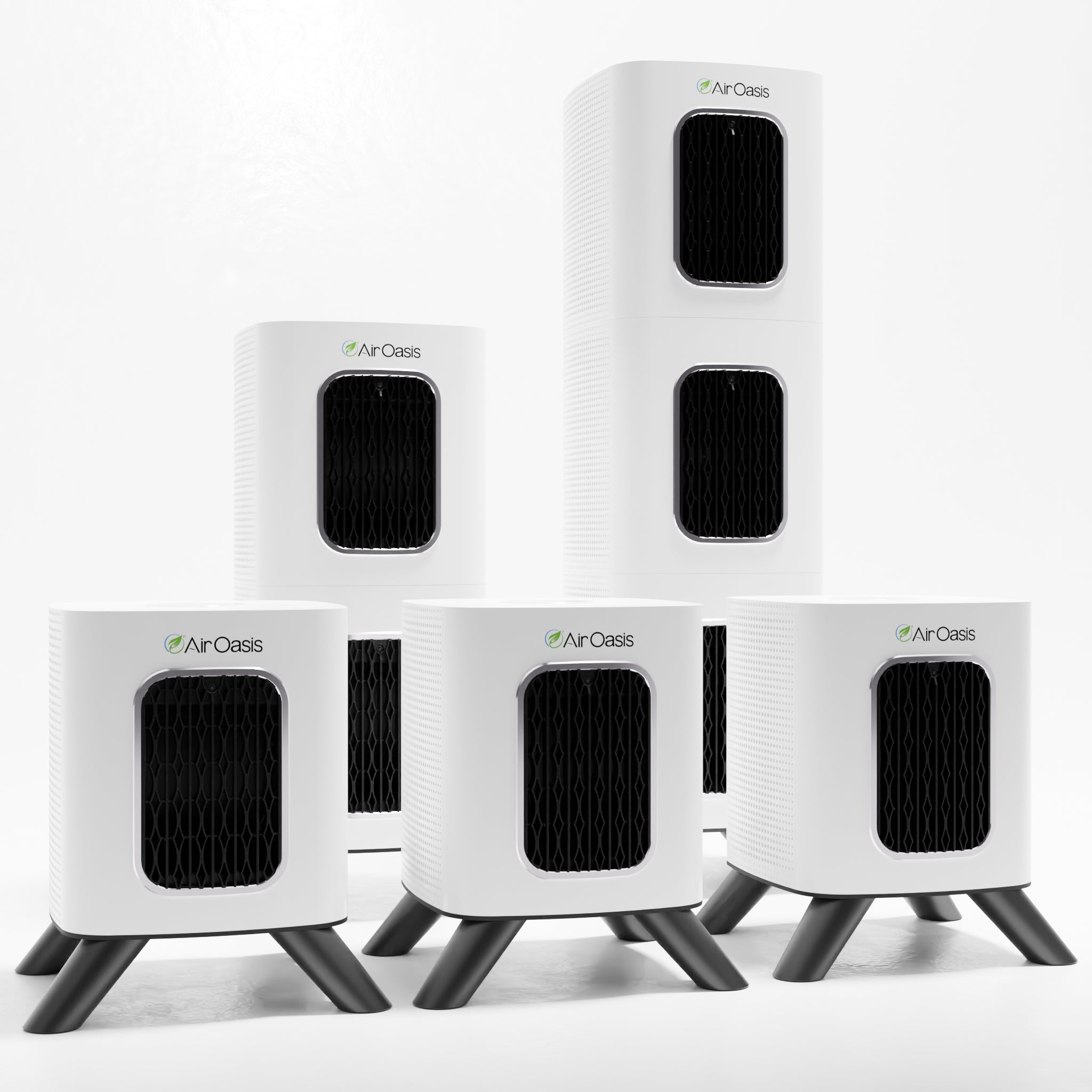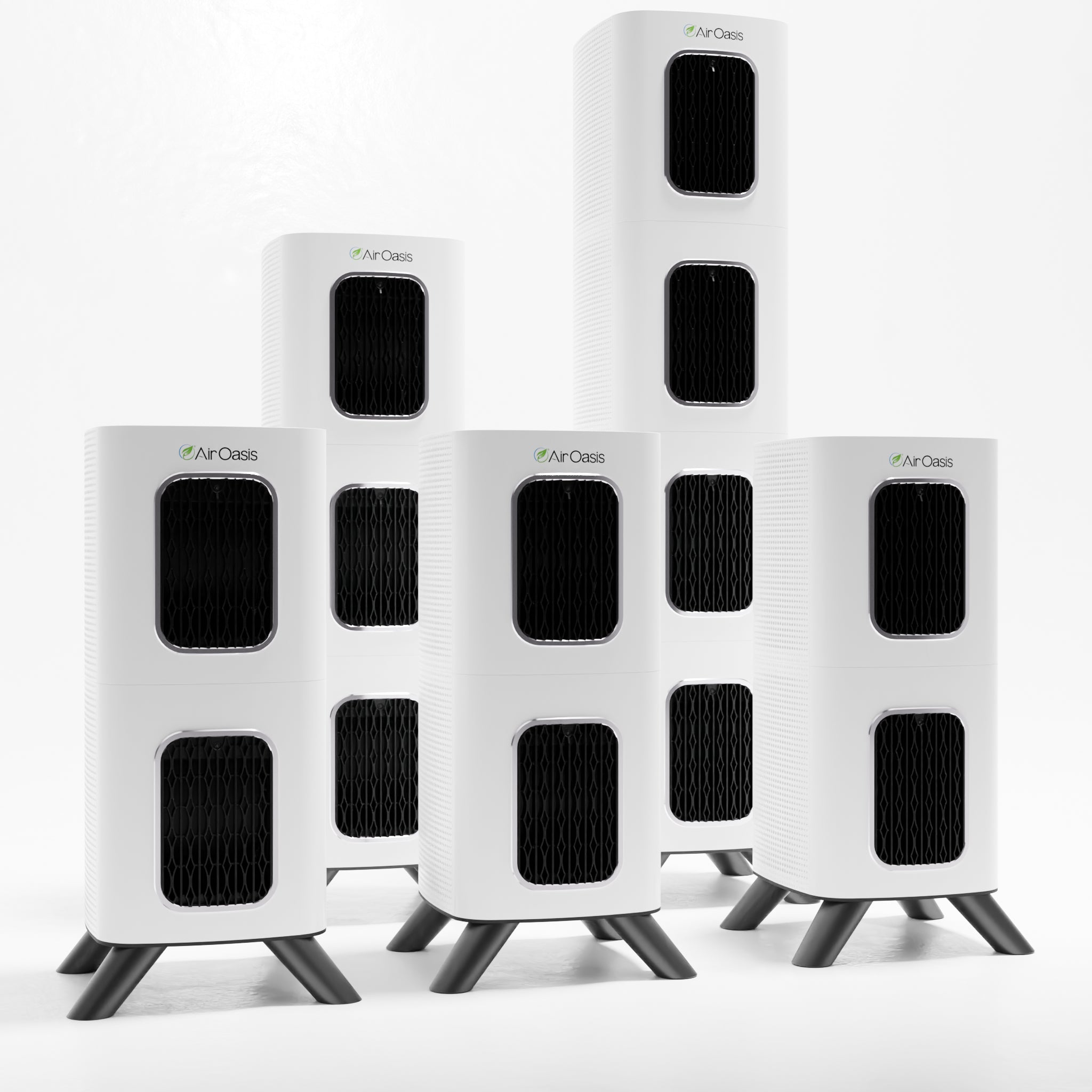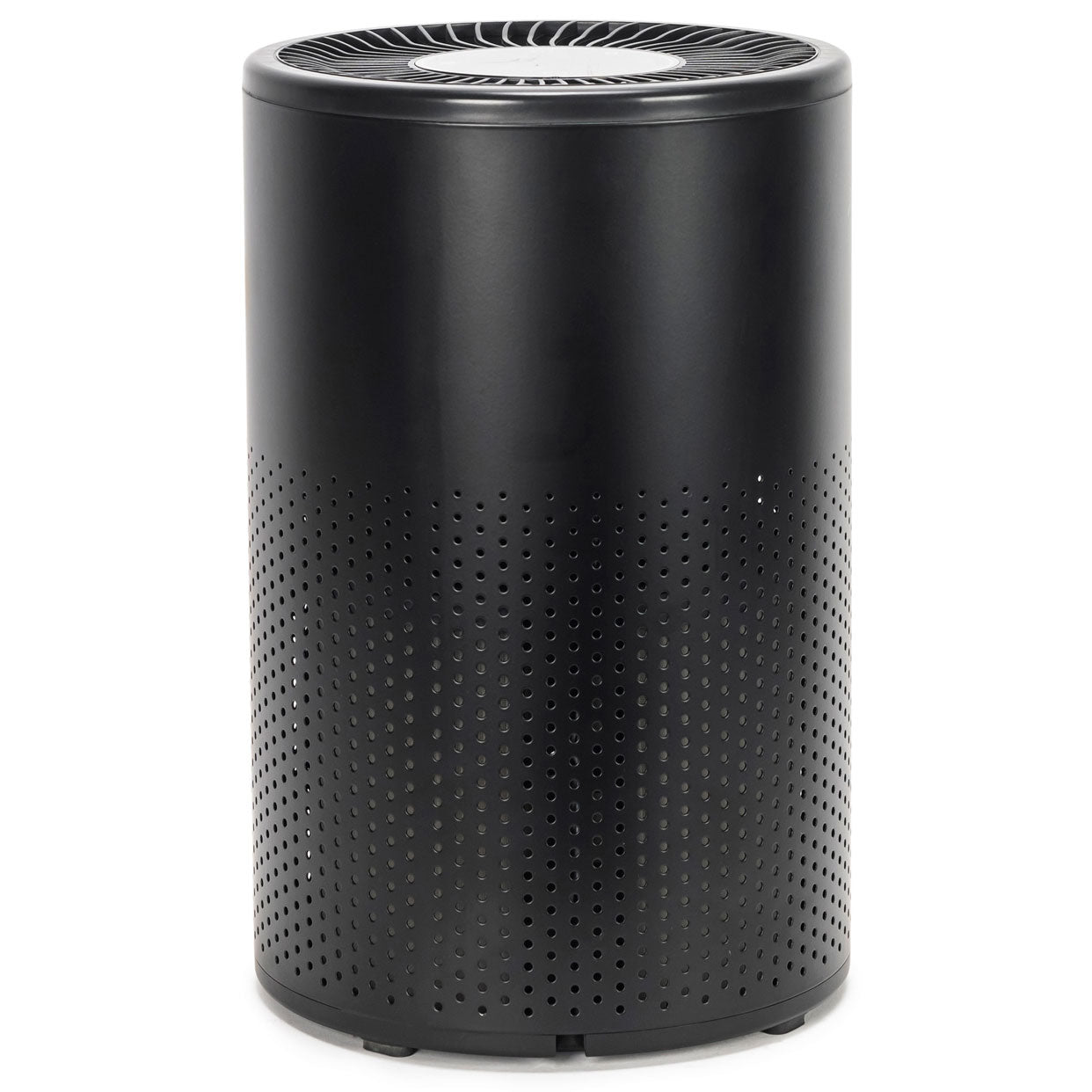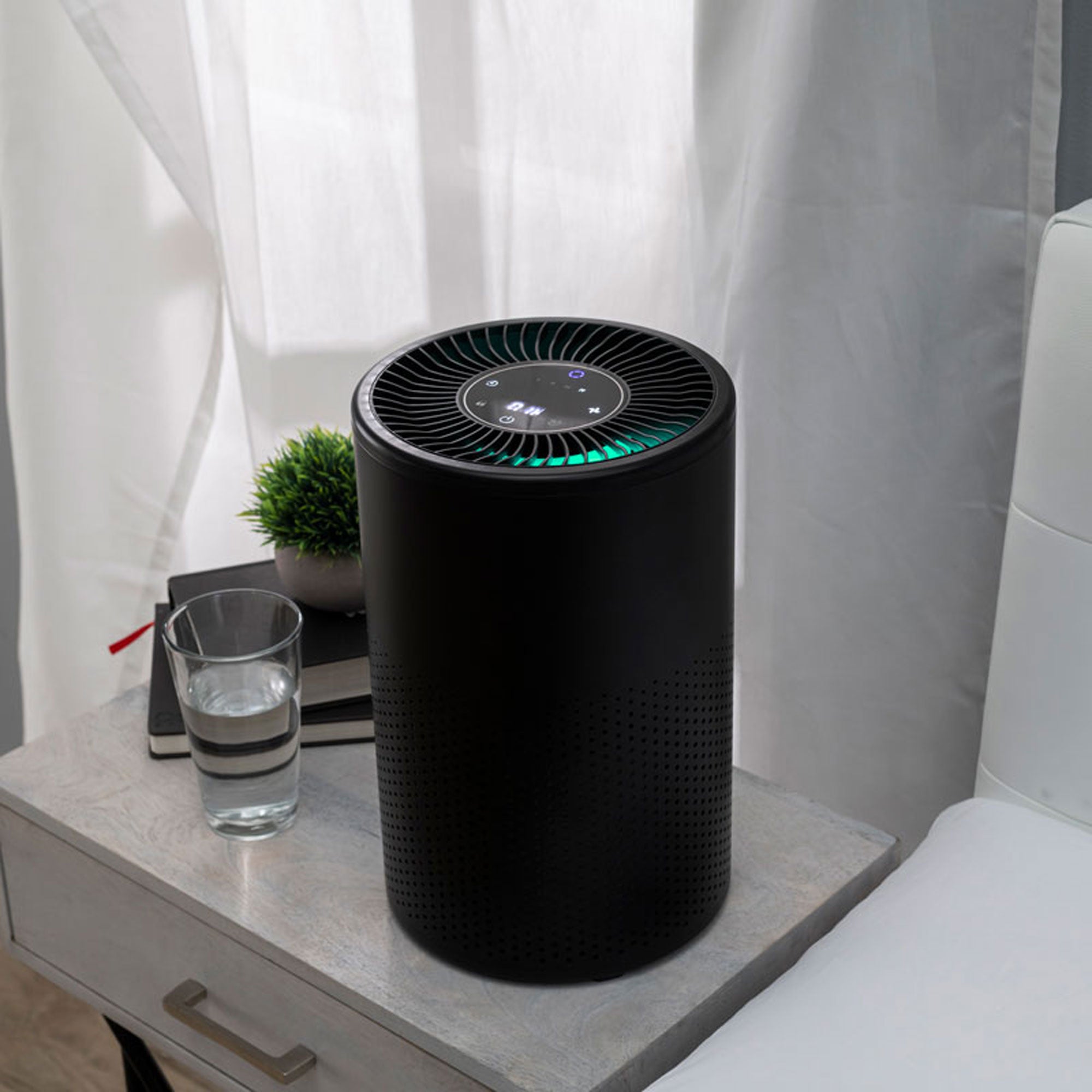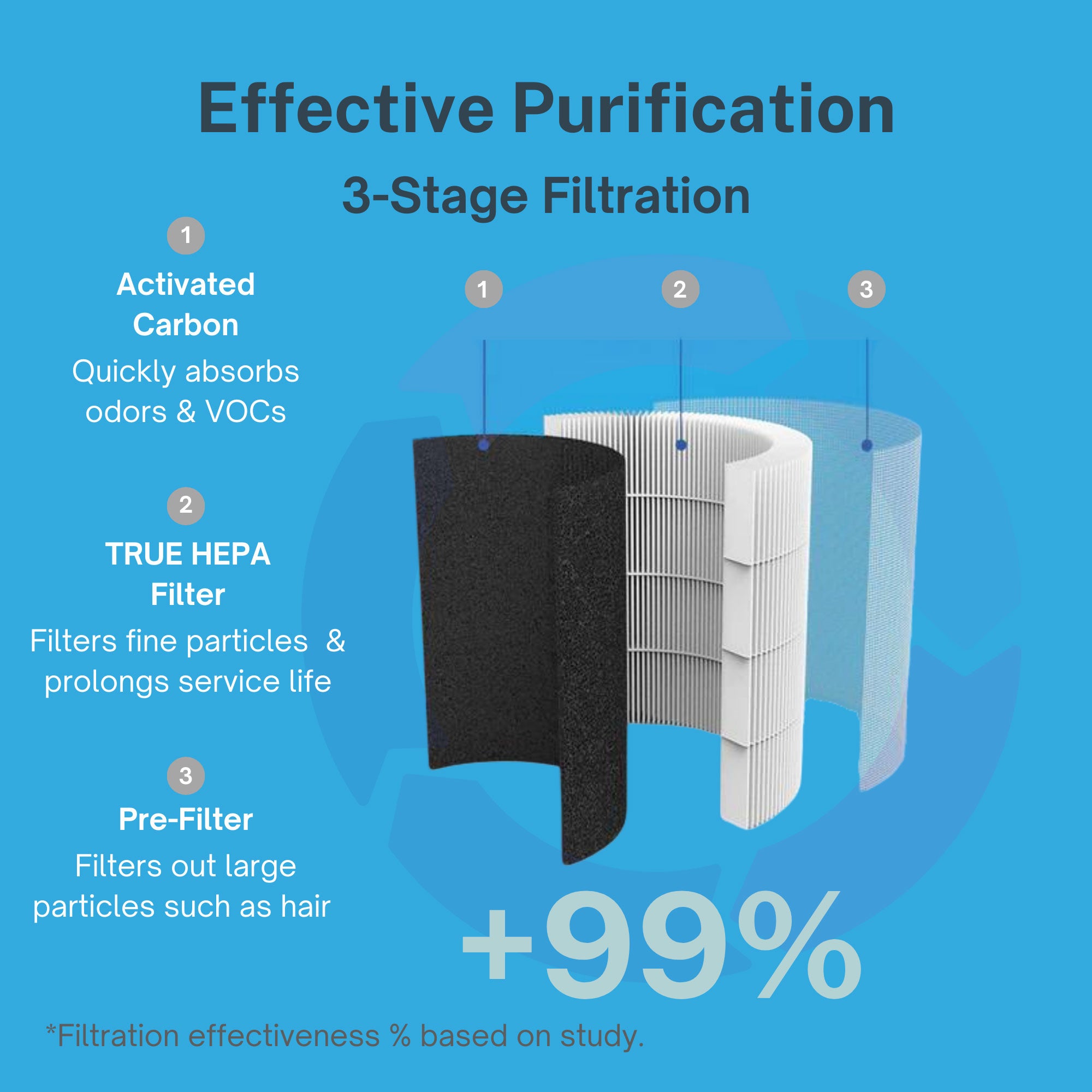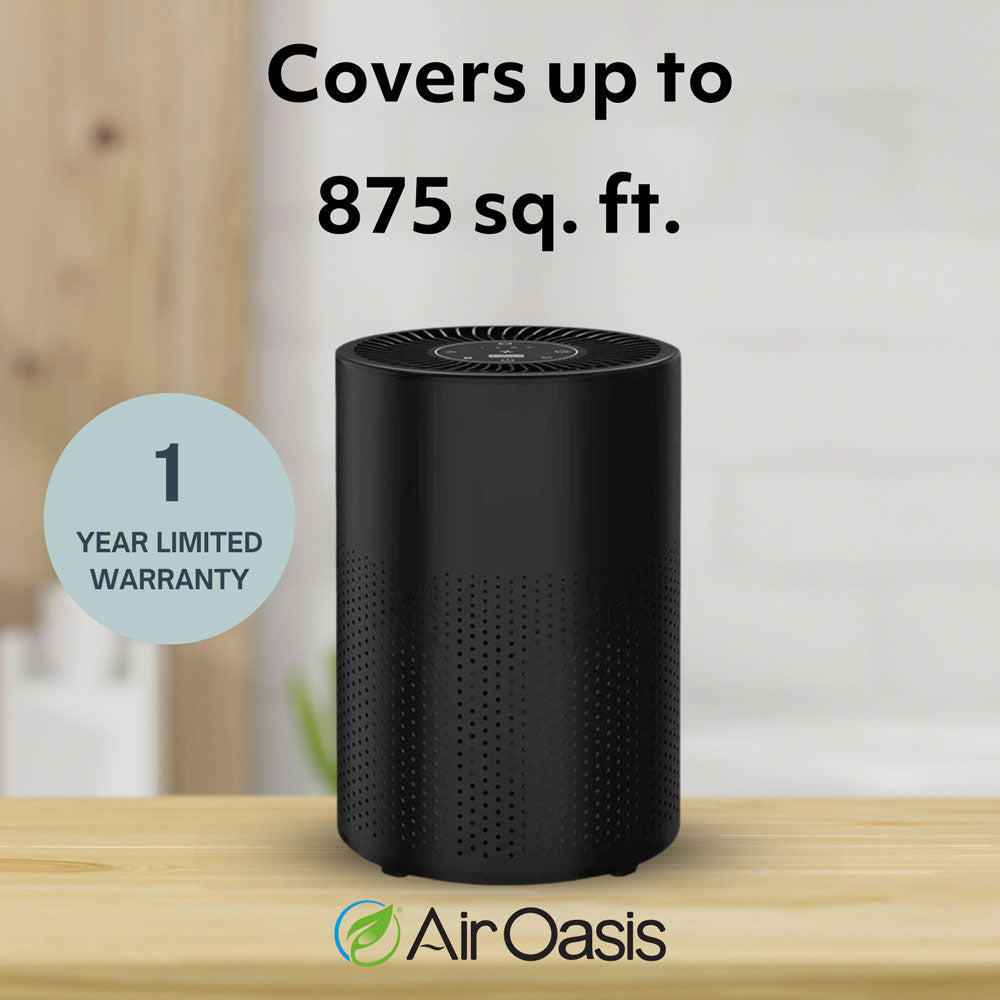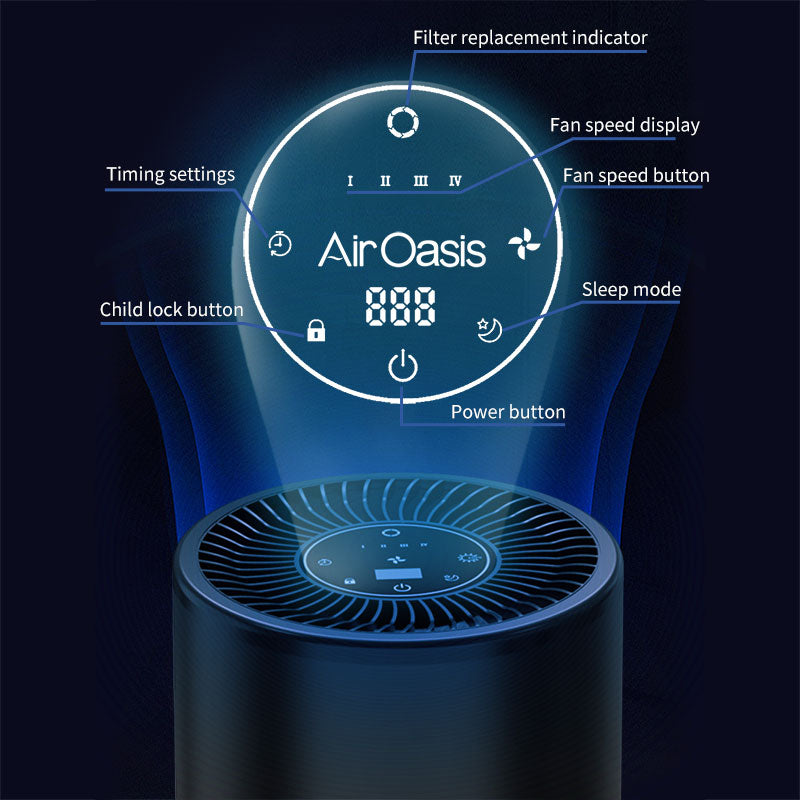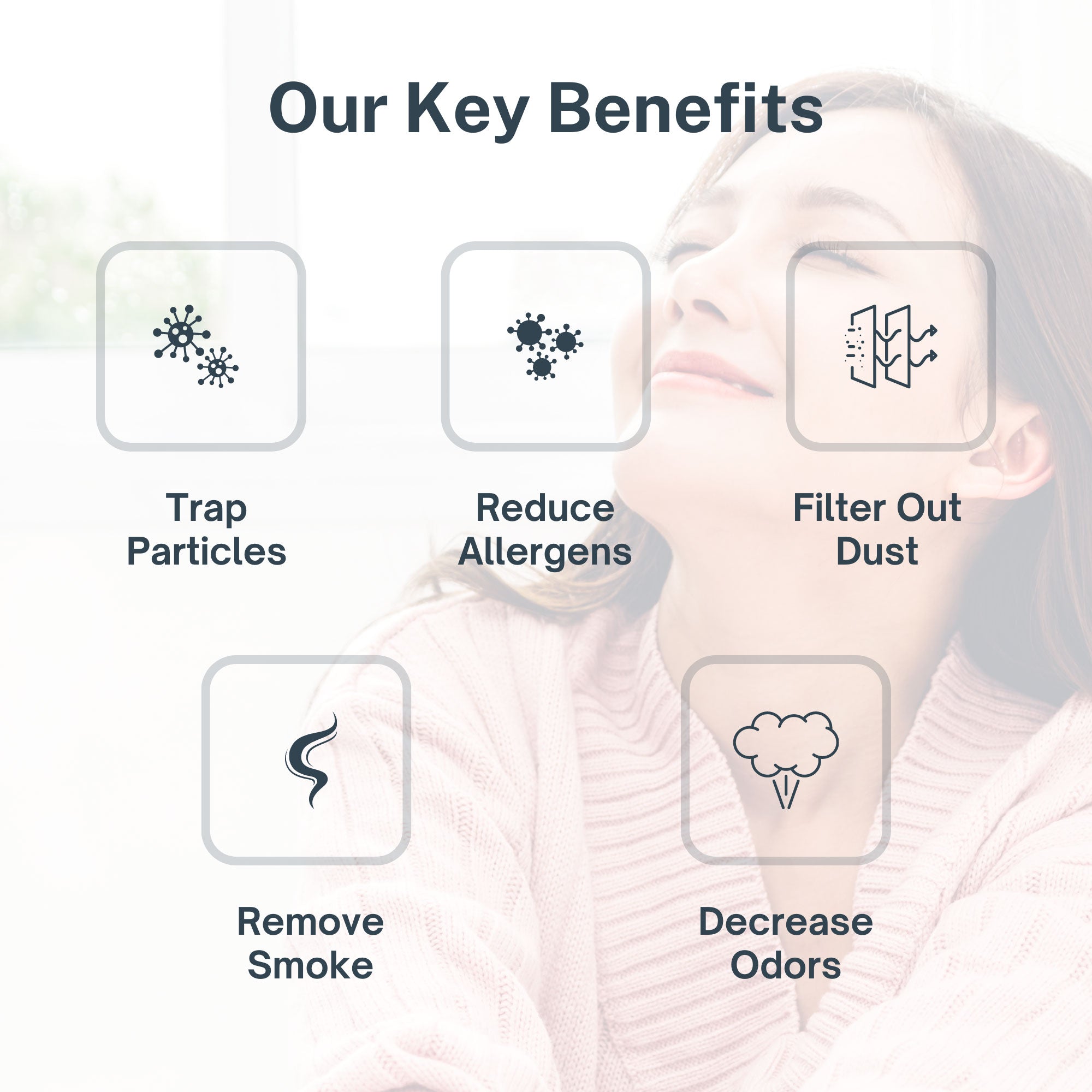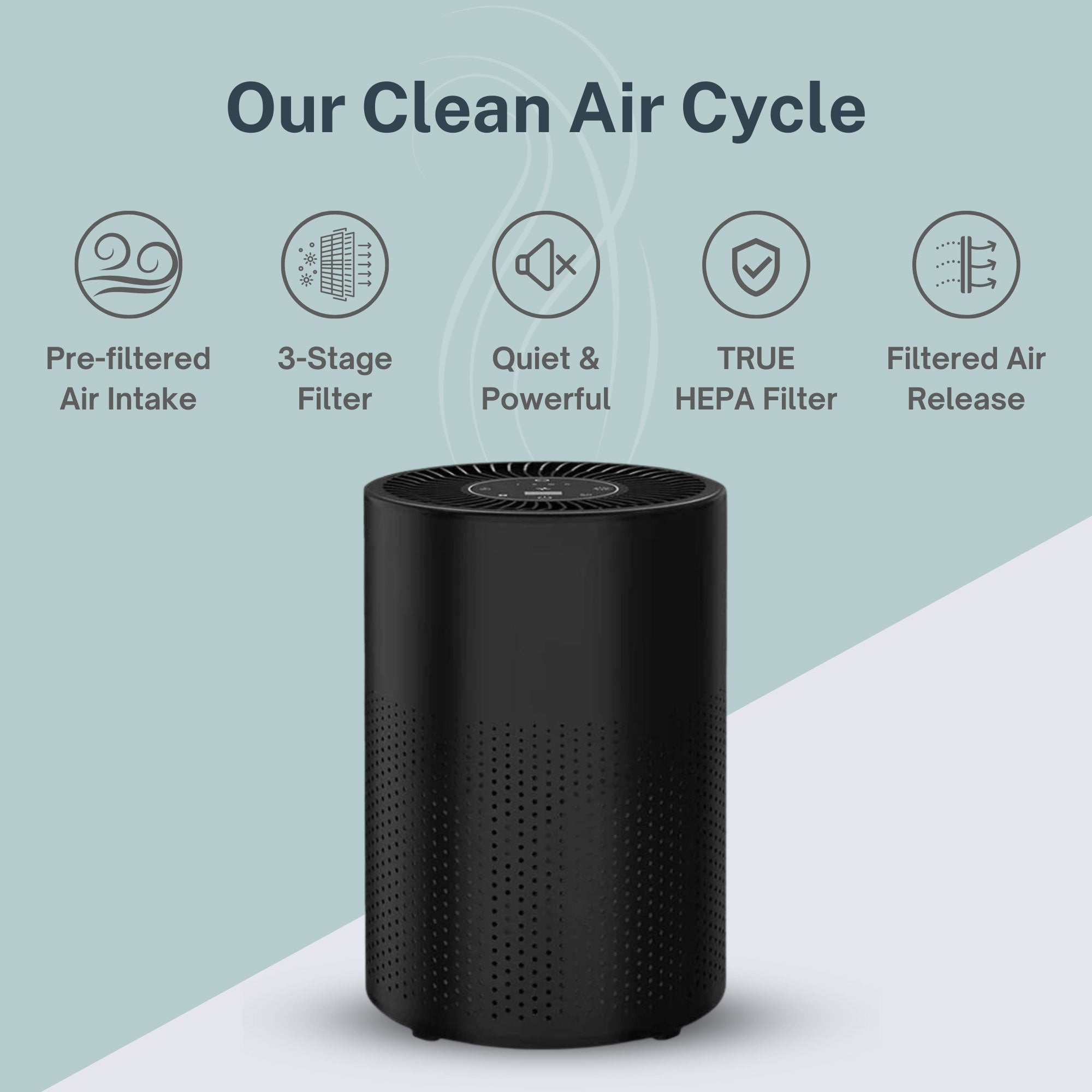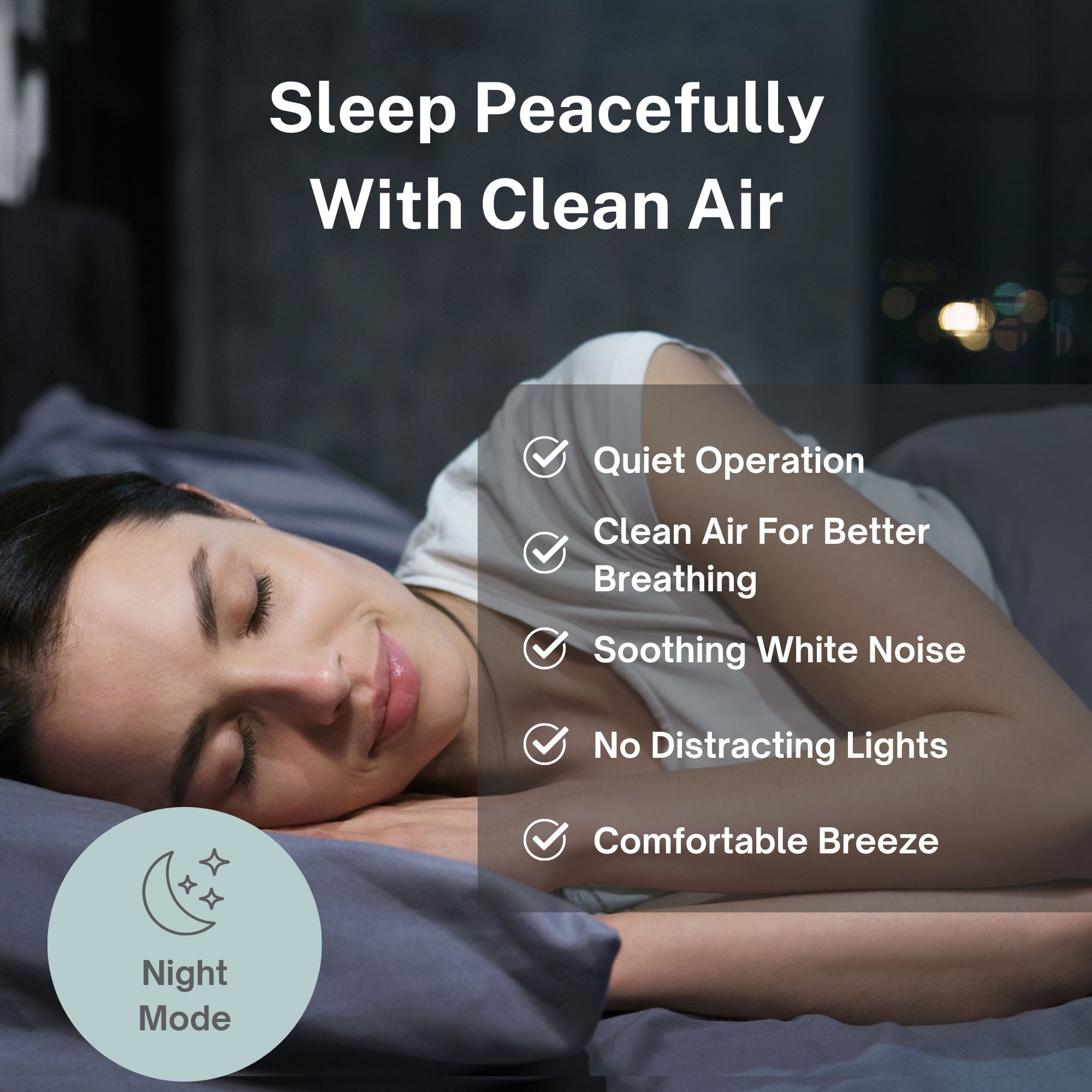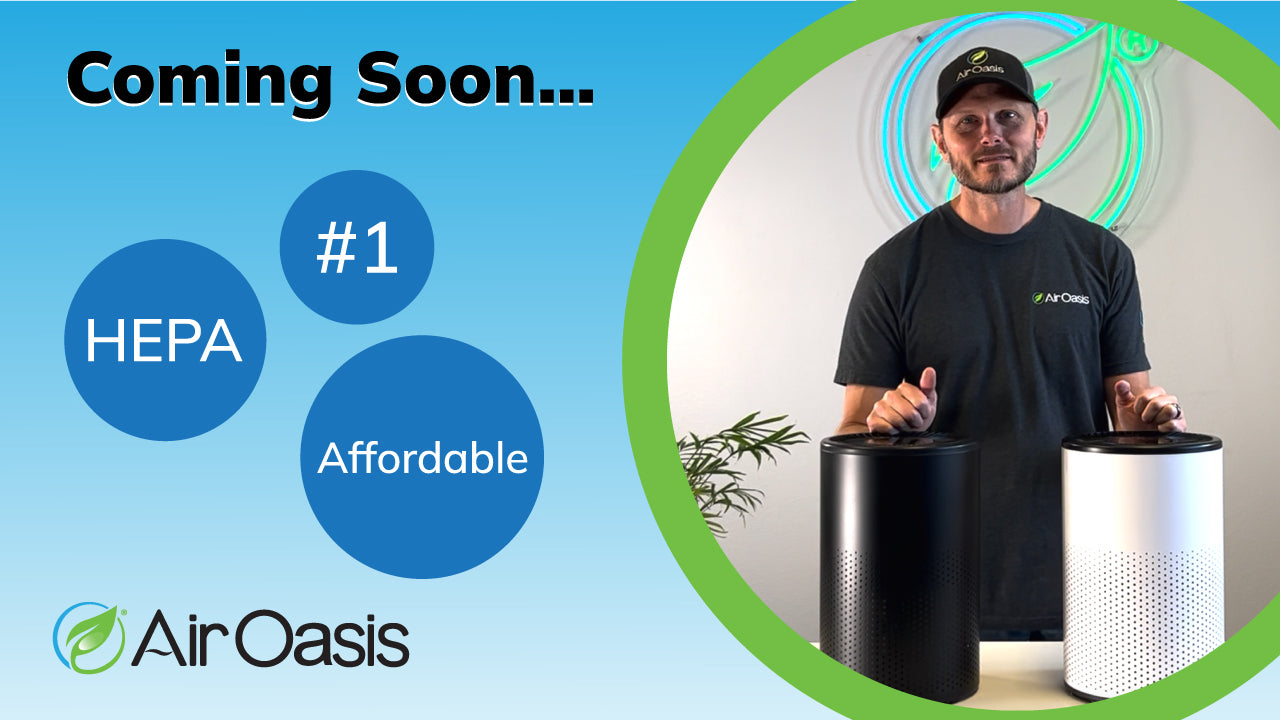Pennsylvania is experiencing dangerous heat conditions with temperatures pushing into the low-to-mid 90s and heat indices reaching triple digits, prompting the National Weather Service to issue Extreme Heat Warnings and Heat Advisories across multiple counties through Wednesday evening. The combination of extreme temperatures and high humidity is creating not only health risks from heat exposure but also deteriorating air quality conditions that affect millions of residents.
A Code Orange Air Quality Alert remains in effect as the heat wave intensifies air pollution formation, making outdoor air unhealthy for sensitive groups including people with asthma, heart disease, lung conditions, children, and older adults. This dual threat of extreme heat and poor air quality creates compounding health risks that require immediate protective measures for anyone committed to maintaining optimal health during Pennsylvania's current weather emergency.
Heat-Related Air Quality Deterioration
The connection between extreme heat and air quality deterioration stems from photochemical processes that accelerate during high-temperature conditions. When temperatures soar into the 90s with intense sunlight, ground-level ozone formation increases dramatically as nitrogen oxides and volatile organic compounds react more rapidly in hot atmospheric conditions.
According to EPA research on heat and air quality relationships, every 10-degree temperature increase can double the rate of ozone formation, explaining why Pennsylvania's current heat wave coincides with Code Orange air quality conditions. The combination creates outdoor environments that pose health risks from both heat exposure and air pollution simultaneously.
The National Weather Service's Extreme Heat Warning covers Allegheny, Butler, Beaver, Washington, and portions of Westmoreland and Fayette counties, where heat indices up to 105 degrees are possible. These same areas experience the most severe air quality impacts as urban heat islands and industrial emissions concentrate pollutants in densely populated regions.
For health-conscious individuals, this dual threat means that traditional heat protection strategies like seeking shade or limiting outdoor activities may not provide adequate protection from air quality health risks that penetrate indoor environments through normal ventilation and air exchange.
Immediate Health Protection Strategies
Pennsylvania's current weather conditions require comprehensive protection strategies that address both heat exposure and air quality threats simultaneously. While weather forecasters advise limiting outdoor activities and staying hydrated, these measures don't address the air pollution component that can affect health even in air-conditioned indoor environments.
The Code Orange Air Quality Alert specifically warns that air "may become unhealthy for sensitive groups," but research shows that air pollution affects healthy individuals as well, particularly during extended exposure periods like multi-day heat waves. The inflammatory effects of breathing polluted air can impair the body's ability to regulate temperature and recover from heat stress.
The Air Oasis approach to comprehensive protection becomes essential during events like Pennsylvania's current heat wave, where outdoor air quality deteriorates while residents spend more time in sealed indoor environments with air conditioning. Advanced air purification ensures that indoor spaces provide genuine refuge from both heat and air pollution.
Creating clean indoor environments allows individuals to use air conditioning effectively without continuously circulating polluted outdoor air through their homes. The iAdaptAir technology from Air Oasis removes ground-level ozone, particulates, and other pollutants that can penetrate indoor spaces during air quality alerts.
The Compound Health Risks
Pennsylvania's combination of extreme heat and poor air quality creates compound health risks that exceed the dangers of either condition alone. Heat stress impairs respiratory function while air pollution places additional strain on cardiovascular and respiratory systems, creating potentially dangerous conditions for anyone with existing health vulnerabilities.
The heat indices reaching 100-105 degrees across Pennsylvania force the body to work harder to maintain normal temperature, while simultaneously breathing polluted air that triggers inflammatory responses and reduces oxygen efficiency. This combination can quickly overwhelm the body's adaptive mechanisms, particularly for sensitive individuals.
Weather forecasters predict the hottest conditions today and Tuesday, with relief potentially arriving Wednesday or Thursday through scattered showers and storms. However, air quality conditions may persist even after temperatures moderate, as accumulated pollutants can take days to clear from the atmosphere.
Taking Action During Extreme Weather Events
Pennsylvania's current heat wave and air quality emergency demonstrates why environmental health protection requires proactive strategies rather than reactive responses to weather alerts. While the immediate focus on heat safety is appropriate, addressing air quality threats provides comprehensive protection that supports both short-term safety and long-term health outcomes.
The key insight from Pennsylvania's current weather crisis is that extreme conditions will likely become more frequent and more severe, making personal environmental protection strategies essential rather than optional. Rather than hoping for improved weather conditions, taking control of your indoor air quality provides immediate benefits during current emergencies while preparing for future extreme weather events.
Don't wait for weather conditions to improve to protect your health from environmental threats. Pennsylvania's heat wave and air quality alert will pass, but similar events will continue affecting health outcomes throughout the summer and beyond. Shop Air Oasis today and ensure that your indoor environment provides genuine protection from both current and future environmental health challenges.




